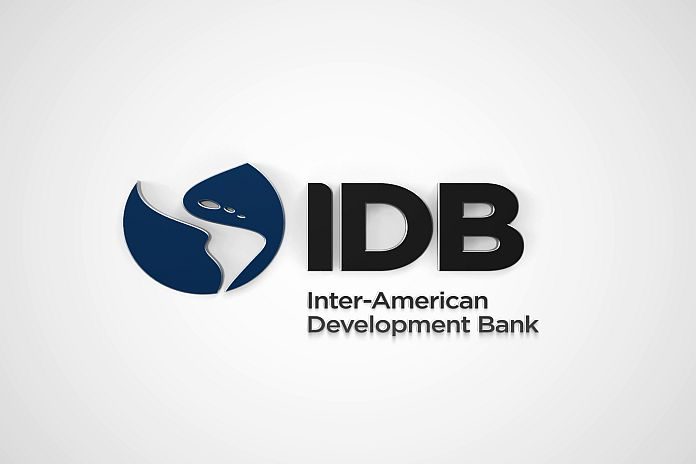WASHINGTON, USA – The discontinuity of educational services, due to COVID-19, will have a negative impact on student dropout and learning, especially for the most vulnerable young people in Mesoamerica. To reduce this impact, the Japanese Special Fund, through the Inter-American Development Bank (IDB), donated $1 million through a non-reimbursable technical cooperation that will support school re-enrollment and the recovery of learning outcomes.
It is estimated, based on the effects on education of previous economic crises, that close to one million young people will not return to school in Mesoamerica, which represents at least a 19.4 percent increase in student absenteeism. Furthermore, four out of five young people who do not return to school are poor or vulnerable middle class.
Through this grant, the IDB will support Honduras and El Salvador, over the next 24 months, in their back-to-school efforts, ensuring safe environments for learning and seeking to reduce the impact of the pandemic on learning losses and school dropout of children and young people.
With the support of the executive secretariat of the Council of Ministers of Central America and the Dominican Republic (SE-COMISCA), this technical cooperation will finance the purchase of biosafety supplies so that schools can reopen safely with the minimum sanitary conditions required.
The cooperation will also support the educational authorities to develop a strategy and plan of monetary and non-monetary incentives to motivate children and young people to return to the classroom and promote their permanence in the educational system. Likewise, it will train school personnel to implement pedagogical strategies aimed at closing the learning gaps that occurred during the closure of schools, focusing on the most vulnerable students.
The tools and knowledge built through this project will be shared with the rest of the Mesoamerican countries through the participation of all key institutions of regional cooperation in Health and Education (COMISCA, CECC/SICA and Proyecto Mesoamérica). In this way, the bank ratifies its commitment to continue supporting education in the region.





